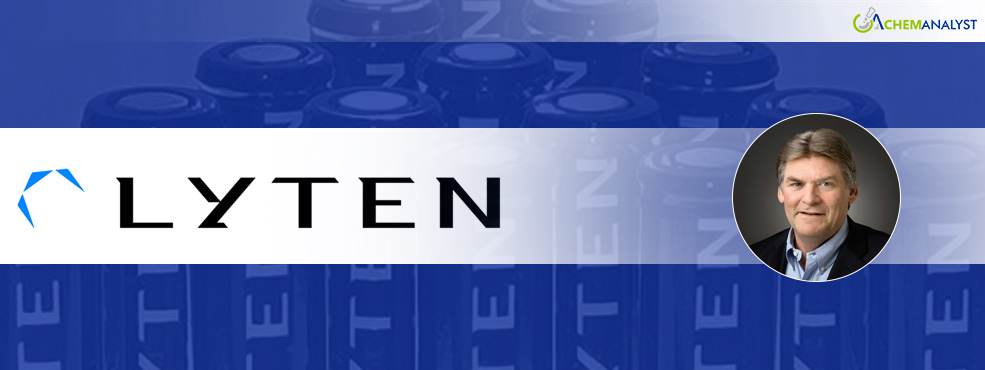Welcome To ChemAnalyst

Lyten, a leader in lithium-sulfur battery technology, has strengthened its domestic supply chain by securing industrial-grade sulfur from California Sulphur Company at the Port of Los Angeles and a supplier at the Port of Stockton. These agreements will supply Lyten’s manufacturing facilities in San Jose, CA, San Leandro, CA, and its upcoming Reno, NV, gigafactory, ensuring a steady flow of domestically sourced sulfur.
Unlike conventional lithium-ion batteries that rely on minerals such as nickel, manganese, cobalt, and iron—often sourced from complex global supply chains dominated by China—Lyten’s lithium-sulfur batteries use locally available sulfur. This shift eliminates reliance on international suppliers and mitigates risks associated with tariffs and supply chain disruptions. While lithium-ion battery materials typically travel 30,000 to 50,000 miles during production, Lyten’s sulfur supply chain operates within 100 miles of its manufacturing sites, significantly reducing logistics costs and carbon emissions.
Dan Cook, Lyten’s Co-Founder and CEO, emphasized the critical need for a US-based alternative to lithium-ion batteries. “Batteries are essential for our energy grid, satellites, military operations, and US industry competitiveness. Yet, nearly all lithium-ion batteries today are controlled by a single country, creating a major vulnerability for the US. Lyten’s lithium-sulfur batteries address this challenge by utilizing abundant, low-cost sulfur and being fully manufactured domestically,” he stated.
Lyten’s sulfur-based cathode design offers a weight advantage over existing battery technologies. Compared to lithium-ion batteries that use nickel, manganese, and cobalt (NMC), Lyten’s lithium-sulfur batteries are 40% lighter. They are also 70% lighter than lithium iron phosphate (LFP) batteries, which currently dominate the market.
Celina Mikolajczak, Lyten’s Chief Battery Technology Officer, highlighted the benefits of lighter batteries across industries. “Weight is a crucial factor in every sector. In satellites and drones, reducing weight allows for greater payload capacity. In vehicles, cutting hundreds of kilograms improves efficiency, safety, and range while reducing infrastructure impact. In energy storage systems, lowering battery weight simplifies installation and reduces costs. To electrify everything, we need the lighter batteries that lithium-sulfur technology delivers,” she explained.
Lyten is already producing lithium-sulfur battery cells in San Jose, compliant with the 2024 National Defense Appropriations Act (NDAA). The company recently acquired Northvolt’s San Leandro battery facility and, in October 2024, announced plans for the world’s first lithium-sulfur gigafactory in Reno.
Further accelerating its expansion, Lyten secured a $650 million Letter of Interest (LOI) from the Export-Import Bank of the US (EXIM) in December 2024 to scale up its lithium-sulfur production for battery energy storage systems (BESS). Additionally, Lyten’s lithium-sulfur technology is being integrated into Chrysler’s Halcyon Concept EV, AEVEX Aerospace’s unmanned aerial vehicles (UAVs), and will undergo an on-orbit demonstration aboard the International Space Station (ISS) in 2025.
We use cookies to deliver the best possible experience on our website. To learn more, visit our Privacy Policy. By continuing to use this site or by closing this box, you consent to our use of cookies. More info.
